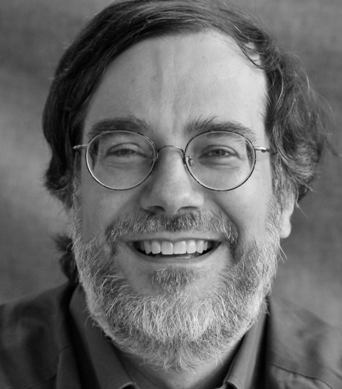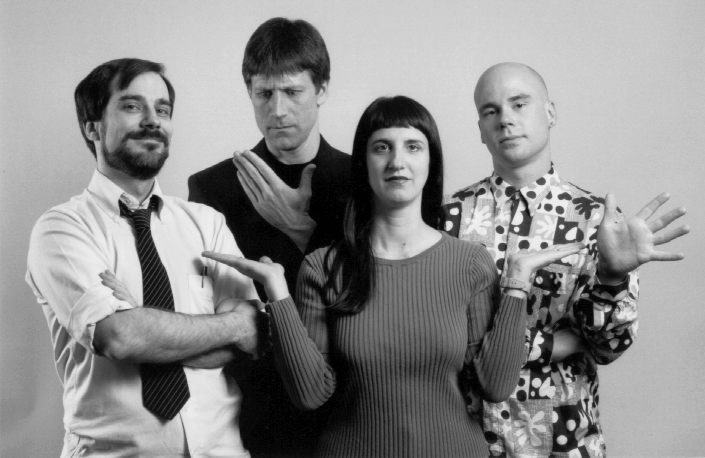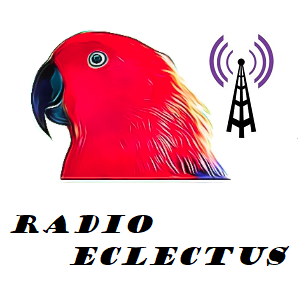
Schell in 2008
(photo by Kim Menhorn)
Michael Schell was born on September 17, 1961 in Waco, Texas. He grew up in Los Angeles and attended the University of Southern California between 1979 and 1983, studying with Robert Moore and Frederick Lesemann. During this time, Schell supported himself by working as a research assistant in experimental psychology. This experience convinced him of the artistic possibilities of new technology, and led to the composition of several biomusic works, including Without Electrodes (1983), for piano and respiration-triggered electronics. Changing (1982), another work from this period, uses an array of wind, percussion and electronic instruments stationed throughout the performance space to weave four separate "musics" into an epic whole. This work won a BMI Award to Young Composers in 1983.
Schell visited the Center for Computer Research in Music and Acoustics at Stanford University in 1983, where he produced two computer-generated works, including karma/FOR RICK, a process piece contrasting feelings of yearning and inevitability. Later, Schell studied music and video with Kenneth Gaburo and Hans Breder at The University of Iowa, earning his Masters degree in 1985. Schell also studied with Charles Dodge and William Albright. In 1985 Schell moved to New York, living there until 1997, when he spent a half-year in Nepal. After dividing his time between West and East coasts for two years, he relocated to the Pacific Northwest, where he currently lives.
Schell has received international attention for his experimental videotapes, which combine synthesized imagery and music, and explore the relationship between sign and object in contemporary society. Mea Culpa, Homage to Stanley Milgram 1933–1984 (1989), addresses human obedience to authority, reflecting Schell's interest in social psychology. Higher Laws (1990) is an essay on the romantic association of science and nature, and Lingering-Epiphany (1990), is described by Schell as "a portrait of deserts: Mojave, the slums, the Cross and the quiet mind..." Several of these works are included in the retrospective Lingering-Epiphany and other videos.



